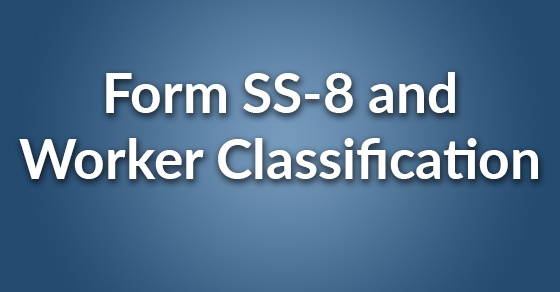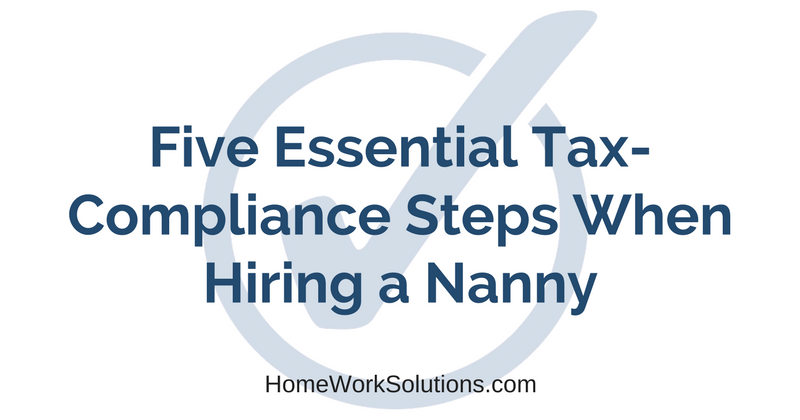Employees don’t always fill out their W-4 forms accurately. For example, some may wrongly write “exempt” on the withholding portion of the form to ensure that no federal or state tax is withheld. Others may be inadvertently under withholding because of recent tax law changes.
Although the employees themselves are liable for improperly completing their W-4s, you can do them a favor by reminding them of possible mistakes. After all, the IRS may eventually come calling on your organization if someone appears to be under withholding.










